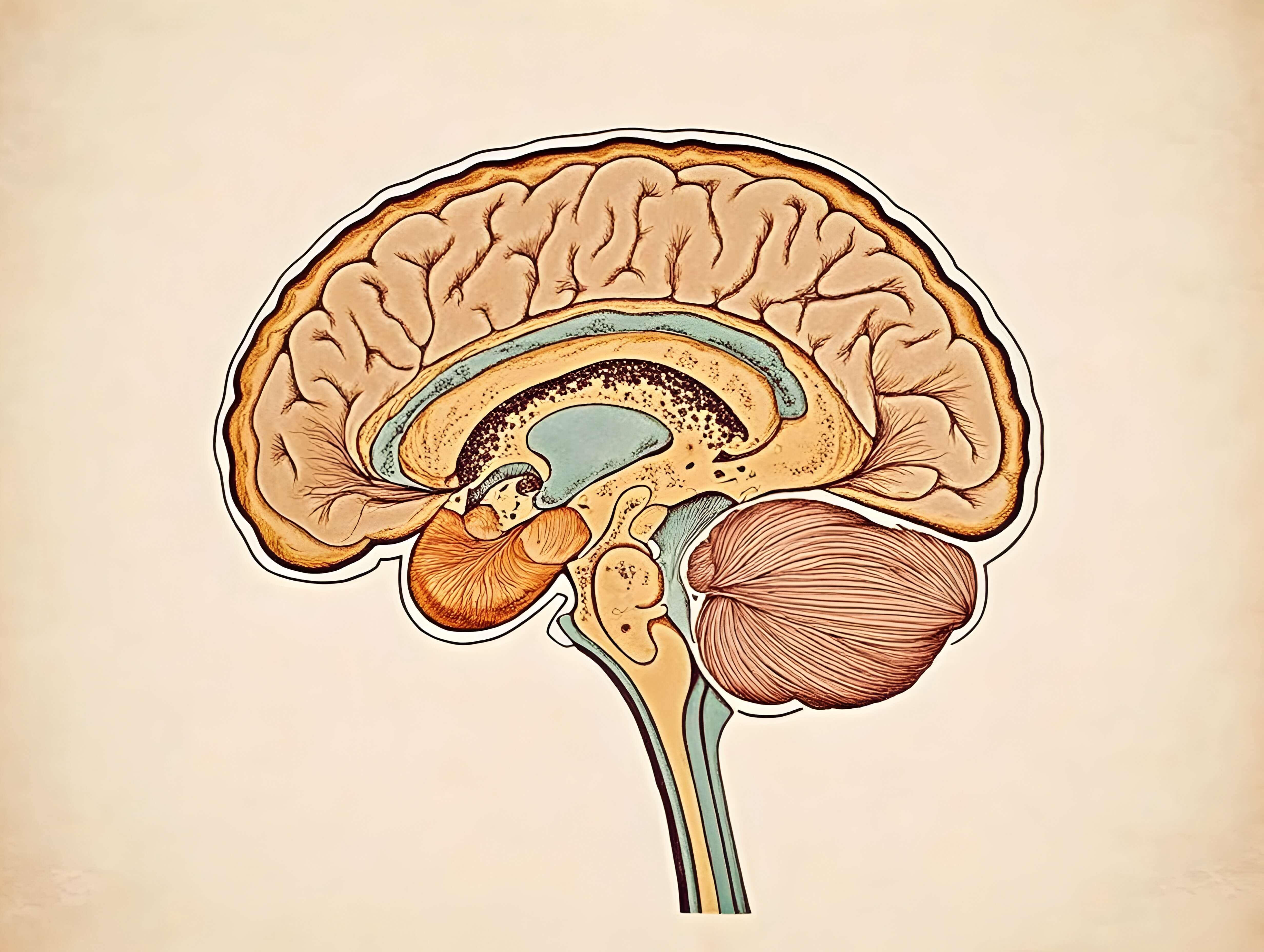Resources for Neuropsychologists, Psychologists and Trainees

Whether you're a licensed neuropsychologist, a psychology trainee, or a testing psychologist expanding into formal assessment, staying up to date with neuropsychological testing tools, digital platforms, and evidence-based diagnostic resources is critical. As someone currently in the process of becoming board certified in neuropsychology, I’ve gathered tools and references that I’ve found genuinely useful, practical, and aligned with the evolving standards in our field.
Preparing for Board Certification in Clinical Neuropsychology
Board certification through the ABPP/ABCN is becoming the gold standard in hospitals, academic institutions, and private practices. If you're preparing for your credentialing journey, the following board certification study guides are invaluable:
- Clinical Neuropsychology Study Guide and Board Review
- Board Certification in Clinical Neuropsychology 2nd Edition
- Clinical Neuropsychology: A Pocket Handbook for Assessment Fourth Edition
As someone actively studying for board certification, these resources have been essential for prepareing for written exam, case samples, clarifying oral exam expectations, and staying focused on core competencies.
Digital Neuropsychological Assessment Tools
Staying on top of emerging technologies is vital. As a contributor to the AACN Disruptive Technology Initiative and co-author of an upcoming Oxford University Press book on Technology in Neuropsychology, I’ve done extensive research into digital neuropsychological testing.
- NIH Toolbox - A comprehensive platform clinically validated for remote neuropsychological testing
- Normed tools for children through older adults
- Cognitive and emotional batteries available
- Ideal for tele-neuropsychology and hybrid practices
- Q-interactive (Pearson) - Digitized administration of core tools like WAIS-V, WISC-V, WRAML-2,
- The new D-KEFS Advanced—digital-only and developed by Dr. Kaplan, a fellow AACN-DTI member. A big leap for modern neuropsychology!
- Reduces scoring errors and saves clinician time
- Fully HIPAA-compliant with cloud-based access
These tools are backed by validity research, efficiency metrics, and have become industry standards for cognitive assessment.

Report Writing & Interpretation Guides
Whether you're writing your first integrated report or want to improve speed and clarity, these guides are incredibly helpful:
- Essentials of Neuropsychological Assessment
- Neuropsychological Report Writing & video from Dr. Jacobus Donders
These books are particularly useful for those working with ADHD, TBI, dementia, and learning disabilities—and support clear, defensible documentation.
Neuroanatomy & Brain-Behavior Resources
- Neuroanatomy Through Clinical Cases
- Neurobiology of Language
- Clinical Neurology and Neuroanatomy: A Localization-Based Approach, Second Edition
These tools reinforce the brain-behavior relationship that underpins accurate assessment and intervention.
Staying Clinically Current: Evidence-Based Diagnosis
Whether you're assessing for neurodevelopmental disorders, mild cognitive impairment, movement disorders, or psychiatric overlays, it’s crucial to reference current diagnostic criteria and evidence-based resources.
- UpToDate for regularly updated clinical summaries
- Medscape Neurology and PubMed for ongoing research
- Cognitive Atlas to link constructs and test selection
Final Thoughts
To deliver high-quality, patient-centered care, neuropsychologists and psychologists must leverage the best available tools. This includes clinically validated digital platforms, board prep materials, neuroanatomy references, and interpretation guides that support thorough and ethical practice.
By integrating trusted tools like NIH Toolbox, Q-interactive, and staying informed through platforms like UpToDate, clinicians ensure they're using efficient, evidence-based, and up-to-date methods in all aspects of their work.
Stay tuned for our Oxford University Press release on Technology in Neuropsychology, which dives deeper into the future of remote testing, digital assessment, and tech-enhanced clinical workflows.